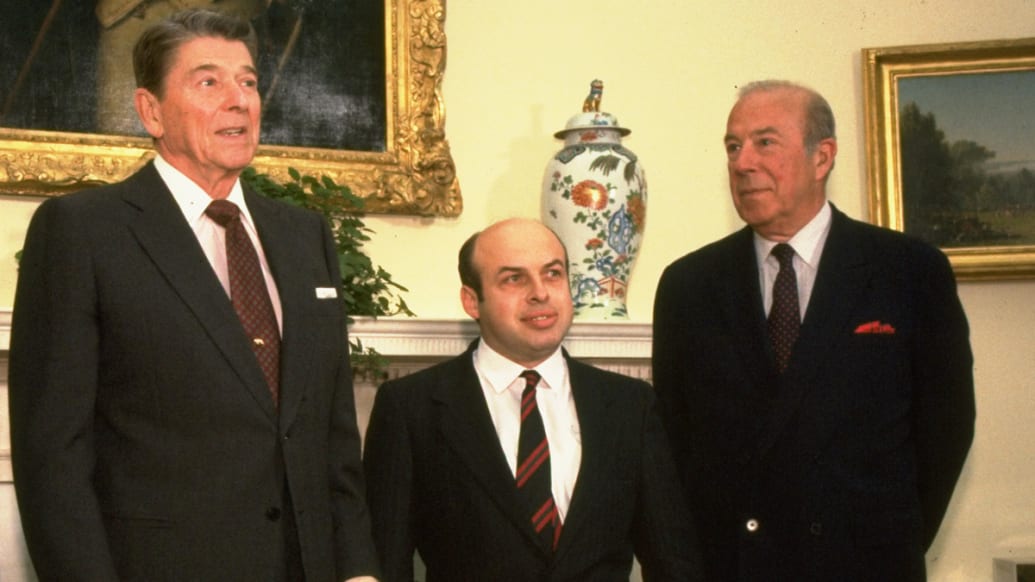“Give me a lever long enough and a fulcrum on which to place it, and I shall move the world.” That’s what Archimedes, the Greek mathematician, said 2,300 years ago. And that’s what Chen Guangcheng, the blind rights lawyer who escaped house arrest in rural China in a dash to the U.S. Embassy in Beijing, tried to do.
Chen’s lever was the nobility of his cause to protect Chinese women from forced abortions and sterilizations. That lever was made long by friends who used social media and a congressional hearing to highlight that cause.
The fulcrum he used was American power—the presence in China of the American secretaries of state and treasury, there to negotiate matters of security and trade.
And the world that Chen moved—the world of international affairs—was one that would have ignored him and his cause had he not suddenly placed his long lever on that temporary but solid fulcrum.
It may well be that, in the end, that world will win. The brute power of a China intent on controlling its people may rob Chen of his lever, his fulcrum, and his fleeting chance to move the world. It now looks as though he’ll be allowed to leave for the U.S., ostensibly to study, and to take his immediate family with him—a face-saving solution for both China and the U.S., with no guarantee of safety for his extended family and supporters.

But it doesn’t have to be that way. And here President Obama has something to learn from one of his predecessors, President Reagan.
In 1986 Reagan orchestrated the release of Natan Sharansky, a prominent Soviet dissident, from a Siberian labor camp. International pressure laid the groundwork, and diplomats helped, but what the president did was crucial. After he got out, Sharansky said: “They tried their best to find a place where I was isolated. But all the resources of a superpower cannot isolate the man who hears a voice of freedom, a voice I heard from the very chamber of my soul.” Sharansky’s voice was magnified, Reagan kept up the pressure, the human rights of Russians were strengthened, and the world was changed.
Chen can’t see, but in the chamber of his soul he’s heard that same voice of freedom. And now he pleads its cause for the people of China. In his dealings with China, President Obama should raise the cause of human rights to the highest level. At the very least he should insist that none of Chen’s extended family and none of the colleagues who helped him is punished. And he should make it clear to the Chinese authorities that he’ll never abandon the human rights of their people.
That land needs Chen’s voice, even from abroad; these days, it can be magnified by social media. And so does the cause of decency in the hardheaded world of international affairs. It’s a world that can be moved for the good, but only if the ancient wisdom of Archimedes is heeded. The lever of dissent has to be long, and the fulcrum—the immovable determination of the American president—has to be steady.

